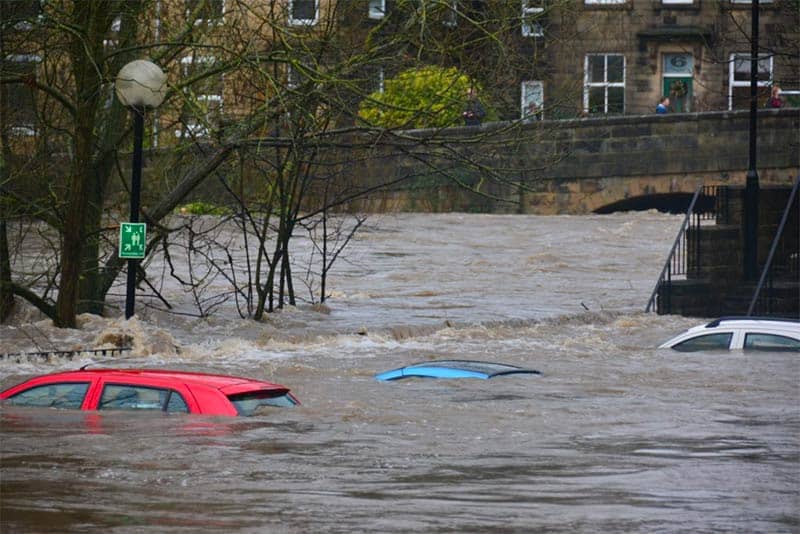Several times a year, areas of the United States experience massive flooding from hurricanes, record-breaking rainfall, melting snowpack and other environmental or weather-related reasons. Sadly, parts of the Midwest are currently being devastated by flooding. There is no good stage in life to lose one’s house, but having a flood destroy the place where you live can be particularly devastating to older Americans. Here are some of the reasons why flood damage tends to hit seniors the hardest.
If you experience a catastrophic loss when you are in your 20s or 30s, you probably have many decades ahead of you to bounce back financially from the event. When an older person, particularly someone who is retired, takes a stunning economic blow, they do not have as much time to recuperate. For example, few banks will give a person money for a mortgage and a personal loan to furnish a house to someone living on Social Security.
Reasons Many Seniors Do Not Have Flood Insurance
Another reason having their houses wiped out by storms or flooding hits older adults harder, is that they are more likely than younger people not to have flood insurance. Seniors might not carry flood insurance for these factors:
- Many seniors, like younger people, mistakenly think their standard homeowner’s insurance will pay for damage to the house. Unfortunately, the federal National Flood Insurance Program (NFIP) is a separate insurance policy and is not part of standard homeowner’s coverage. Typical homeowner’s policies do not pay for damage or loss caused by floods, hurricanes and other storms. NFIP coverage can provide up to $250,000 for the house and $100,000 in personal property.
- Unless you have a federally-backed mortgage on your house and live in an area the government designates as having the highest risk for flooding, the law does not force people to buy flood insurance. In fact, the law also does not require people to carry basic homeowner’s insurance, unless you have a federally backed mortgage. Many seniors have paid off their mortgages or inherited a house without a mortgage from a parent. Therefore, the home might have only a standard homeowner’s insurance policy, and it might not even have that protection.
- Some seniors wish they had flood insurance, but they cannot afford the coverage. As a result, they cross their fingers and hope for the best. Flood insurance can be $2,500 a year in some high-risk areas. (In lower-risk areas, flood insurance costs about $40 a month.) Many retirees cannot afford that expense. When living on Social Security, a $200 a month expense might mean going without prescription drugs or adequate food.
- The older adult lives in a lower-risk area and thinks they may not need flood insurance. Just because a location has a low historical incidence of floods, does not mean it never floods. The vast majority of people who lost their homes in the super-sized hurricanes like Florence, Michael and Harvey were in lower-risk areas and did not have flood insurance.
Every state has different laws. You should talk with your insurance broker or an elder law attorney near you to see how your state’s regulations vary from the general law of this article.
References:
AARP. “Financially Underwater Without Flood Insurance.” (accessed May 30, 2019) https://www.aarp.org/money/credit-loans-debt/info-2018/hurricane-flood-insurance.html


